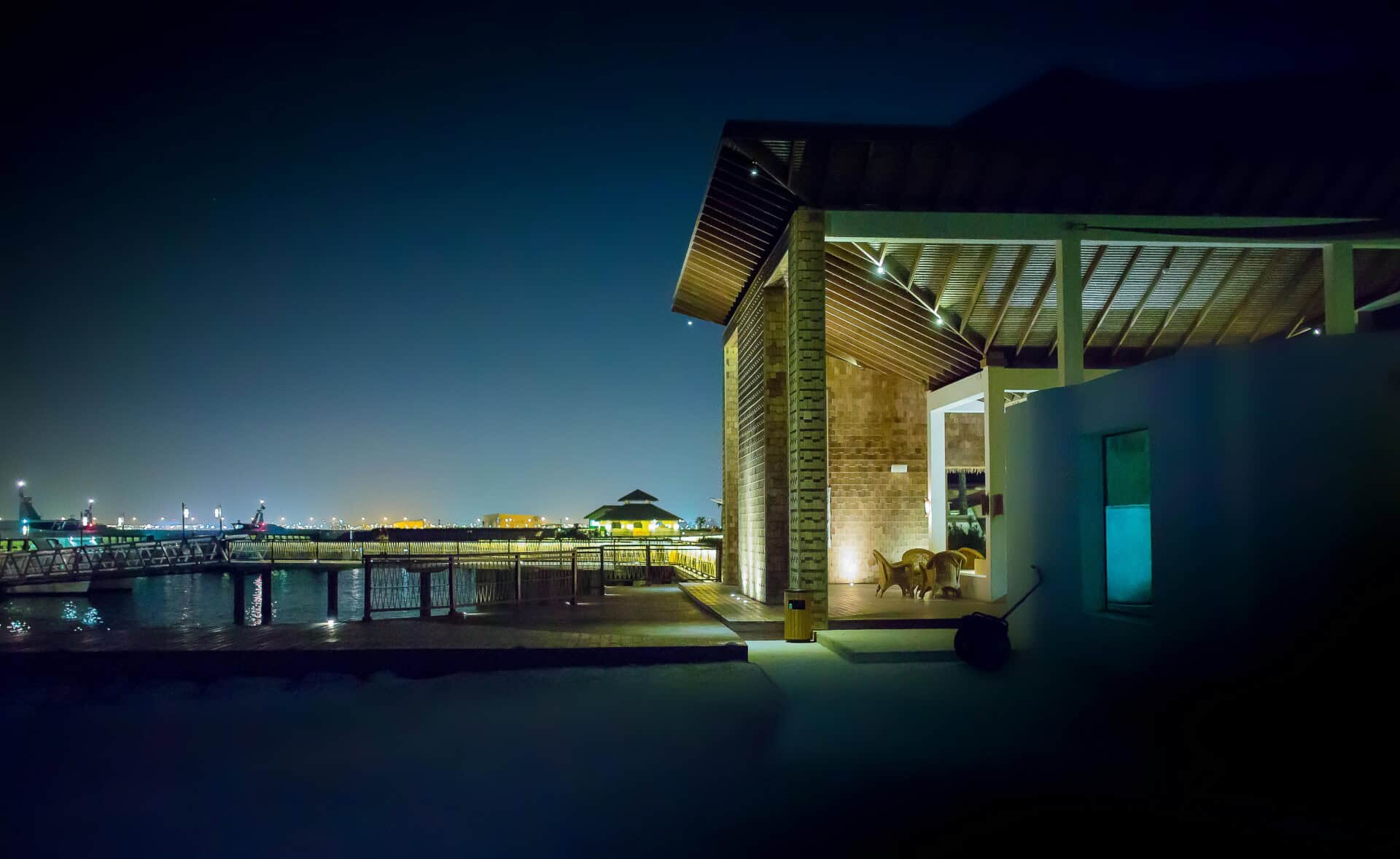The hotel development industry plays a crucial role in the global economy, contributing to job creation, tourism growth, and infrastructure development. According to recent market analysis, the industry is expected to experience significant growth in the coming years, driven by increasing travel demand and evolving consumer preferences.
Trends Shaping the Hotel Development Industry
Several key trends are reshaping the hotel development landscape. There is an expanding demand for both luxury and budget-friendly options, catering to diverse traveler segments. Additionally, the industry is witnessing an increased focus on sustainability and eco-friendly practices, as consumers become more environmentally conscious. The rise of alternative accommodation types, such as Airbnb and hostels, is also influencing the market dynamics. Moreover, travelers are seeking unique and experiential stays, pushing developers to innovate and differentiate their offerings.
Key Barriers to Hotel Development
Despite the promising outlook, hotel developers face various challenges. Zoning laws and regulatory hurdles can significantly impact project timelines and costs. High construction costs and labor shortages further complicate the development process. Economic uncertainties and market fluctuations also pose risks to hotel investments. Furthermore, the rapid advancement of technology and competition from online booking platforms are disrupting traditional business models.
Strategies for Successful Hotel Development
To navigate these challenges and ensure success, hotel developers must adopt effective strategies. Understanding local markets and target audiences is crucial for designing properties that meet specific needs and preferences. Adapting to changing consumer trends, such as the demand for personalized experiences and technology-driven services, is essential. Leveraging technology to streamline operations and enhance guest experiences can provide a competitive edge. Building strong partnerships with local businesses and communities can also contribute to the long-term success of hotel projects.
Emerging Opportunities in Hotel Development
While challenges exist, the industry also presents exciting opportunities for developers. Niche markets and segments, such as wellness retreats and gaming hotels, offer untapped potential. Innovative design and architecture concepts can create memorable and Instagram-worthy experiences. Targeting underserved regions or demographics can open up new revenue streams. Additionally, developers can leverage government incentives and tax breaks to support their projects.
Challenges and Solutions for Hotel Developers
To mitigate risks and ensure project success, hotel developers must proactively address challenges. Effective project management and cost control are critical to staying within budget and timeline. Building strong relationships with stakeholders, including local authorities, investors, and communities, can help overcome regulatory hurdles and gain support. Staying ahead of the competition requires continuous innovation and adaptability to market trends and consumer preferences.
Conclusion
The hotel development industry is undergoing significant transformations, driven by changing traveler demands, technological advancements, and sustainability concerns. While challenges persist, developers who can navigate these complexities and seize emerging opportunities will be well-positioned for success.
By understanding market dynamics, embracing innovation, and fostering strong partnerships, hotel developers can create properties that resonate with guests and contribute to the industry’s growth.

